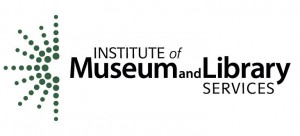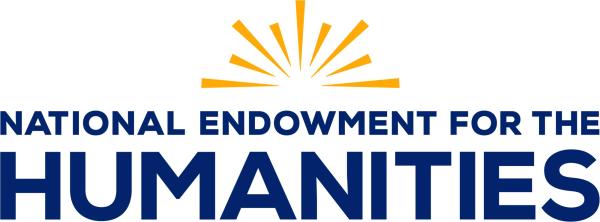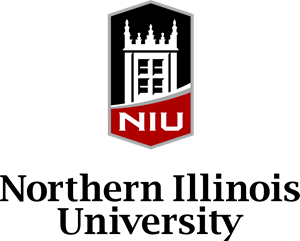The Digital POWRR Project is pleased to announce the latest release of Data Accessioner 1.2. Data Accessioner is an open source application, free for anyone to use or extend, providing a simple Java Swing GUI which allows archivists and digital preservationists to safely migrate data off external media and onto a file server for basic preservation, further appraisal, arrangement, and description. DA provides a wrapper around the FITS toolkit to integrate common metadata tools to analyze and describe found content at the time of migration.
The first version of the tool was written under the auspices of Duke University Archives in early 2008. In 2009, Data Accessioner was revisited and refactored with a revised architecture, and the metadata tool adapters and the custom metadata manager were extracted to be used as plugins. Version 1.0 of the tool was sponsored by Digital POWRR, and allowed FITS to be used as a metadata wrapper. Version 1.1, sponsored by the Archives of the Episcopal Church, refactored the tool to use Maven for dependency management. The current release features updates to clean up several security and deprecation vulnerabilities, and an update to the most recent version of FITS. DataAccessioner 1.2 requires Java 11 or above.
Data Accessioner has two companion tools, including XSLT Processor (aka “DA Metadata Transformer Tool”) and DA Fixity, which are currently being updated to work on Java 11. XSLT Processor helps transform the output from Data Accessioner into spreadsheets and html files. DAFixity is a file fixity checker designed to work with the Data Accessioner tool. These will be released in the coming weeks and can be obtained on our GitHub page.
You can download Data Accessioner 1.2 here. Recent Apple security updates require this program be launched through a terminal prompt on Macs. Mac users will want to consult the README file in the download or on GitHub for the launch instructions.
We wish to sincerely thank both Seth Shaw and Scott Prater for all of their hard work spent developing and extending this tool over the past 16 years. Digital POWRR has been proud to utilize it in our workshops since 2014. We know that it has been utilized in a number of DAS workshops and other instructional settings as well. Countless smaller institutions have utilized it due to its simplicity and ease of use, and we are pleased to be able to keep it operational through current funding from the National Endowment for the Humanities.




